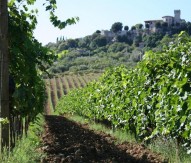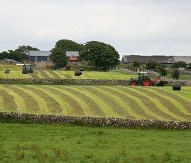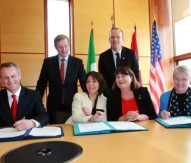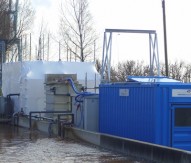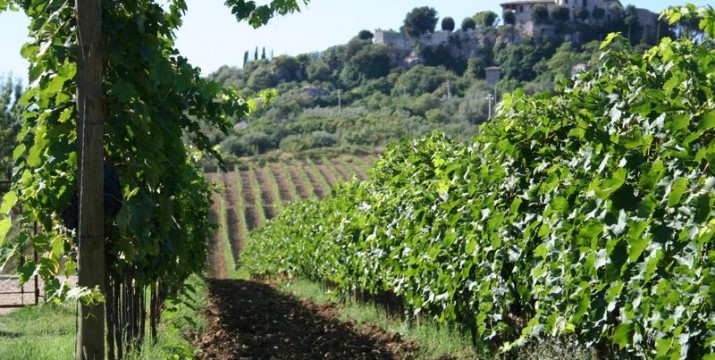
Organic in Horizon 2020
Responsible for passing the legislation for Horizon 2020 in the European Parliament, the Committee on Industry, Research and Energy has been consulting with industry experts to gauge their thoughts on Horizon 2020 and how best to allocate funding within the individual objectives of the pillars. One organisation to give evidence was the Italian Association for Organic Agriculture, the AIAB.
Horizon2020projects.com spoke to Cristina Micheloni, vice president of the AIAB, who began by outlining the role and responsibilities of the organisation.
“The AIAB was established in 1988 and its membership is composed of organic producers, processors, traders, but also consumers, researchers, local authorities and advisers. The AIAB’s mission is to promote and support the development of organic farming by means of research, extension, communication, training and lobbying at local, national and international levels,” Micheloni explained.
Biotechnology and the wider bioeconomy will receive a significant funding boost under Horizon 2020 in both the Industrial Leadership and Societal Challenges pillars. The framework programme is expected to encourage the development of sustainable agriculture and encourage food security. Speaking to the Committee MEPs at a hearing on Horizon 2020 in March 2012, Micheloni noted the importance of tackling the key challenges facing European society.
Micheloni said: “Public funding for agricultural research should be spent to meet the challenges of collective interest and in this sense bioeconomy must be interpreted. Organic farming is the agricultural model that can best meet needs such as the efficient use of natural resources, agro-ecological balance and adaptation to climate change. [Organic farming] would therefore be appropriate for the achievement of food security through sustainable production models which enjoy special attention from public research, concentrating our efforts on the agro-ecological systems, rather than agro-industry as it is today.”
In the organisation’s March 2012 newsletter and a follow-up to the hearing, the AIAB added: “Given the scarcity of natural resources and the need to preserve them, agriculture of the future must be able to produce healthy food in sufficient quantity for all, but in a way that is sustainable, protecting all natural resources while becoming more and more self-sufficient in energetic terms. This can be achieved through a wise use of ecosystem services and combining the objective of food sovereignty with natural resources preservation.
“Also of priority is that research must be translated into sustainable and accessible innovation and applied to farms and fields. Horizon 2020 must therefore include measures and methods to implement the results of scientific studies for the benefit of the community.”
Speaking to Horizon2020projects.com, Micheloni said the new framework programme would be an important tool in developing Italy’s organic innovative sector. The AIAB firmly supports the cultivation of non-GMO products, which the organisation says are far more able to offer a future to Italian and European agriculture.
According to Micheloni, much of Horizon 2020’s potential will depend on how the framework programme will be implemented. The AIAB deems that an innovation provides a “useful biotech contribution” when it is socially and ethically acceptable, environmentally harmless, and when it is not tied into proprietary technologies. “This implies the firm exclusion of GMOs,” she noted.
“Non-GMO biotech can play an important role in resolving problems such as adapting agriculture to climate change and water scarcity. Whilst GMO biotech will forward the simplification of agriculture systems, it will deplete natural resources, destroy rural societies and threaten food sovereignty,” Micheloni added.
“I think Horizon 2020 can contribute to new and useful biotech developments, yet other societal needs must be achieved through agronomic ‘classic’ research, social innovation and efficient knowledge-sharing.”
Cristina Micheloni
